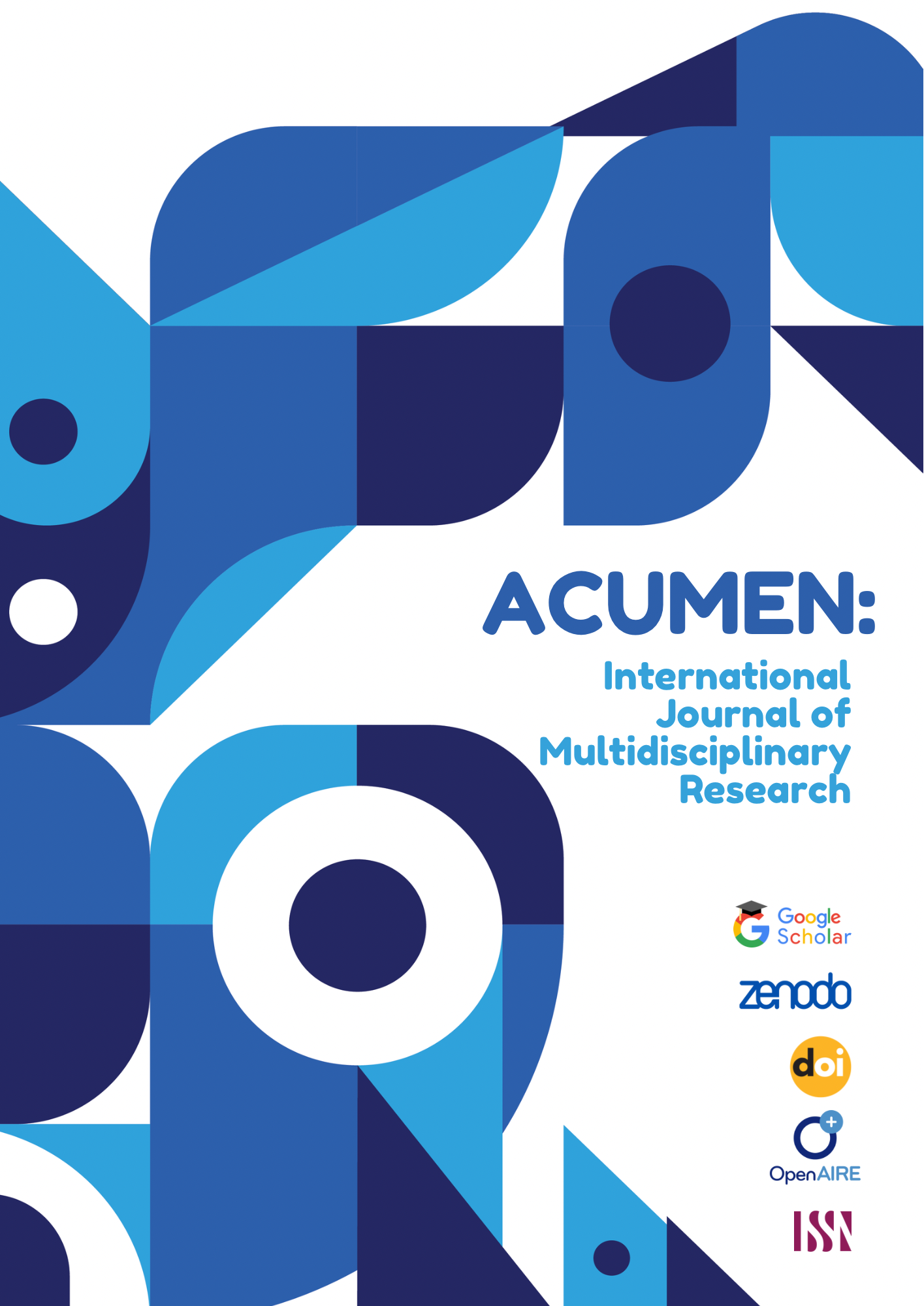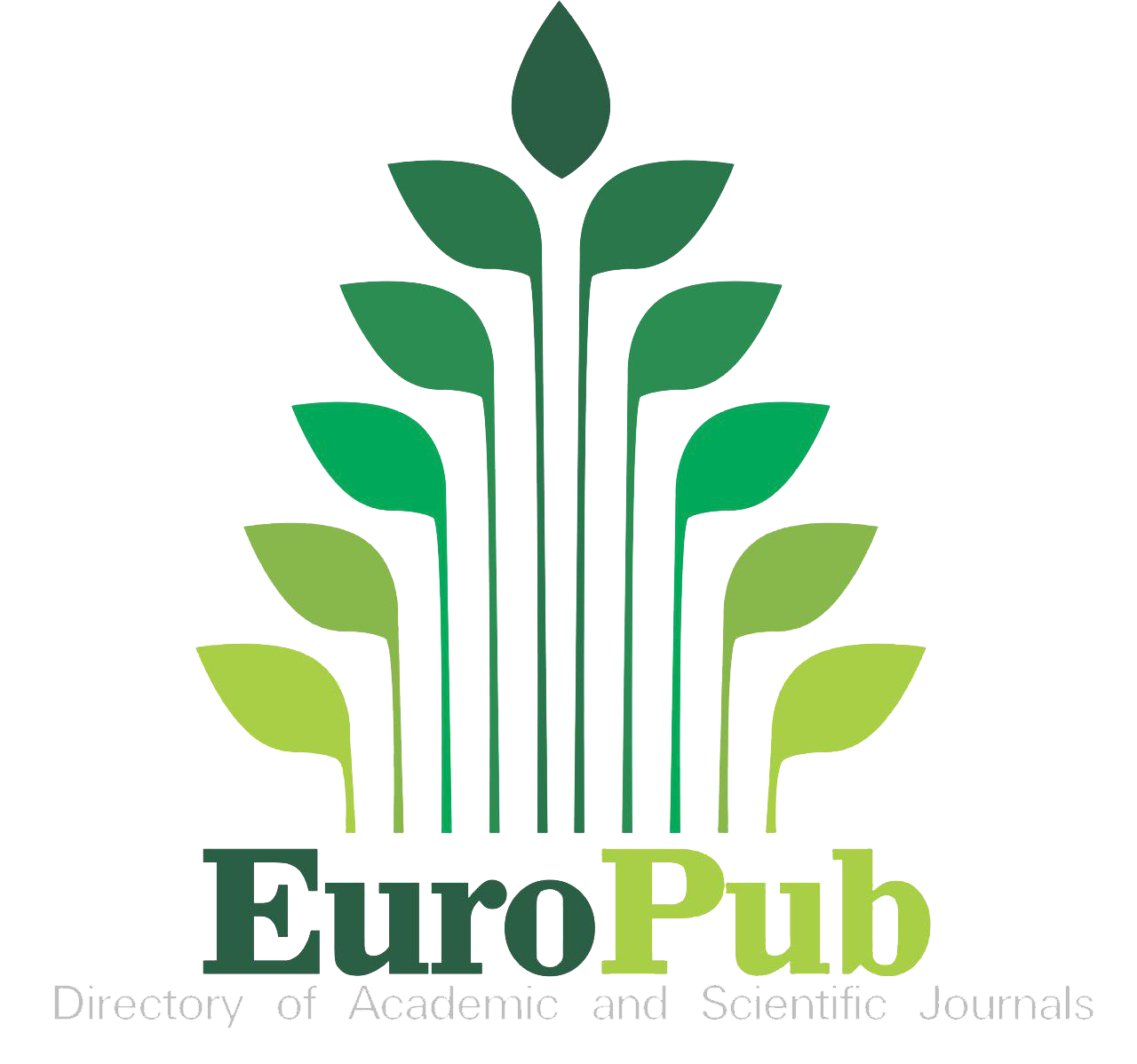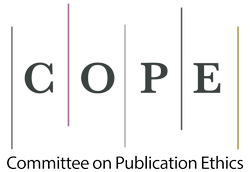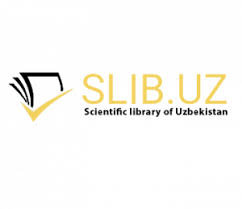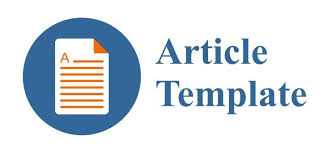Teaching listening for specific purpose
Keywords:
Business English, Travel English, Specialized vocabulary, Task-based learning, Authentic materials, Role-play activities, Pre-listening tasks, While-listening tasks, Post-listening tasks, Survival listening, Real-world scenarios, Functional language, listening comprehension, Need analysis, Cultural cues, Technology in language teaching, Listening assessment.Abstract
This article explores effective methods for teaching listening skills tailored to specific purposes, such as business and travel contexts. It emphasizes the importance of understanding learners' needs and the challenges they face, including specialized vocabulary, speed, and accent comprehension. The article provides practical strategies for both business and travel listening, such as using authentic materials, task-based learning, role-playing, and survival listening techniques. It also highlights the use of technology, pre-listening, while-listening, and post-listening activities to enhance learners' listening abilities. The article concludes by discussing the importance of assessment and feedback in developing proficiency in these specialized listening contexts.
References
1. Nafisa, T. (2023). NOUNS AND THEIR GRAMMATICAL CATEGORIES. Новости образования: исследование в XXI веке, 2(16), 292-297.
2. Teshaboyeva, N. Z. (2023, November). Adjective word group and its types. In " Conference on Universal Science Research 2023" (Vol. 1, No. 11, pp. 59-61).
3. Teshaboyeva, N. Z. (2023, November). Modifications of Consonants in Connected speech. In " Conference on Universal Science Research 2023" (Vol. 1, No. 11, pp. 7-9).
4. Teshaboyeva, N., & Yakubova, N. (2023). WORD FORMATION. COMPOUNDING. Development of pedagogical technologies in modern sciences, 2(12), 187-192.
5. Teshaboyeva, N. (2023). Compound sentences in the English language. Yangi O'zbekiston taraqqiyotida tadqiqotlarni o'rni va rivojlanish omillari, 2(2), 68-70.
6. Nafisa, T., & Marina, S. (2023). TEACHING AND LEARNING OF ENGLISH
7. VOCABULARY IN TESL AND TEFL CLASSROOMS. International Journal of
8. Teshaboyeva, N., & Mamayoqubova, S. (2020). COMMUNICATIVE APPROACH TO LANGUAGE TEACHING. In МОЛОДОЙ ИССЛЕДОВАТЕЛЬ: ВЫЗОВЫ И ПЕРСПЕКТИВЫ (pp. 409-414).
9. Teshaboyeva, N. (2020). LINGUISTIC PERSONALITY, ITS STRUCTURAL CHARACTERISTICS IN THE NEW PERSPECTIVE DIRECTIONS. In МОЛОДОЙ ИССЛЕДОВАТЕЛЬ: ВЫЗОВЫ И ПЕРСПЕКТИВЫ (pp. 415-420).
10. Teshaboyeva, N. Z. (2019). TEACHING ENGLISH THROUGH LITERATURE INTESL AND TEFL CLASSROOMS. In СОВРЕМЕННЫЕ ТЕХНОЛОГИИ: АКТУАЛЬНЫЕ ВОПРОСЫ, ДОСТИЖЕНИЯ И ИННОВАЦИИ (pp. 82-84).
11. Хидирова, Д., & Тешабоева, Н. (2022). Pedagogical conditions for the development of the healthy thinking in students. Zamonaviy innovatsion tadqiqotlarning dolzarb muammolari va rivojlanish tendensiyalari: yechimlar va istiqbollar, 1(1), 120-122.
12. Teshaboyeva Nafisa Zubaydulla qizi, Jurayev Muhammadrahim Murod o’g’li, & Mamirova Munisa Rajab qizi. (2021). Language Learning Culturally and the Role of Literature in Teaching Process. Central Asian Journal of Theoretical and Applied Science, 2(3), 1-5. Retrieved from https://www.cajotas.centralasianstudies.org/index.php/CAJOTAS/article/view/84
13. Teshaboyeva, N., & Yakubova, N. (2023). CHANGES OF MEANING OF WORDS. Центральноазиатский журнал образования и инноваций, 2(12), 126-129.

